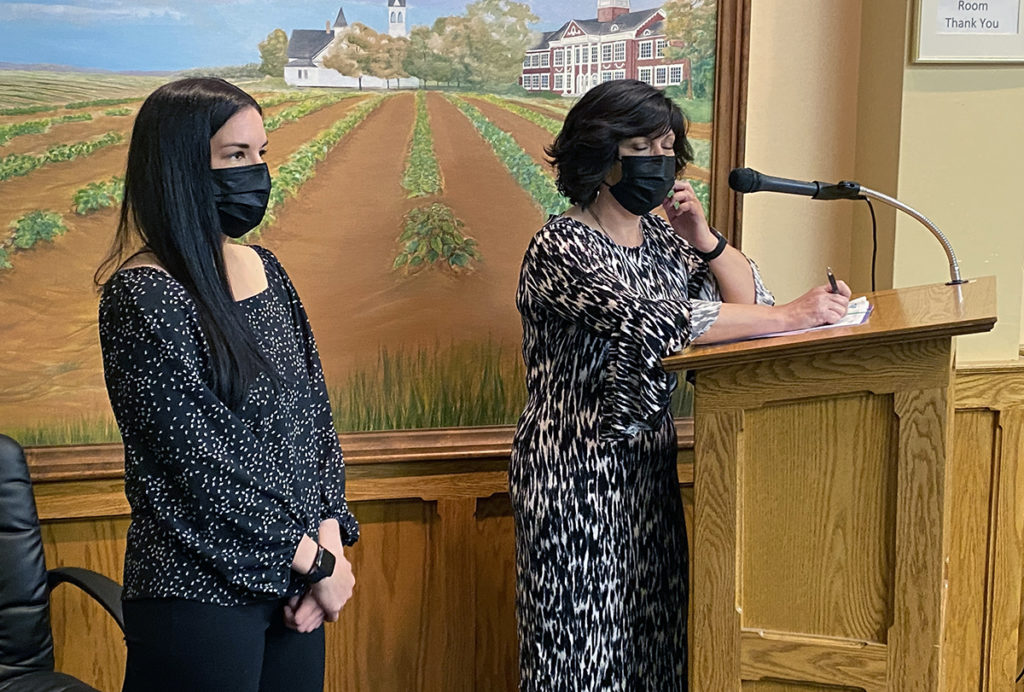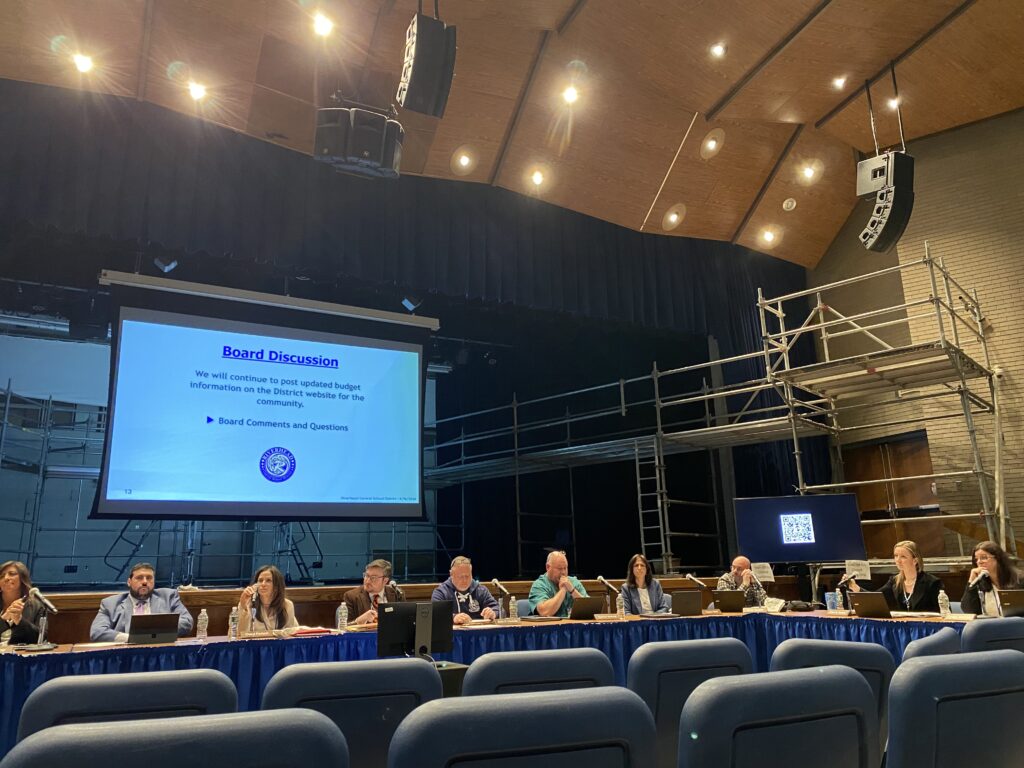Riverhead CAP executive director discusses drug prevention tips

As executive director of Riverhead Community Awareness Program, Felicia Scocozza has led the nonprofit in its mission to prevent drug and alcohol abuse, provide counseling and offer programs for the Riverhead Central School District and community.
The recent instances this month of students requiring medical attention for apparent overdoses during school hours highlighted the importance of the work CAP does and the role parents play in preventing drug and alcohol abuse in teens.
Ms. Scocozza outlined advice for parents and teens alike in an interview with the News-Review and stressed the importance of discussing topics like drug abuse early before kids are exposed to them. She said parents are the No. 1 influence on a child’s decision to use alcohol or other drugs.
“It’s always best for parents to talk about these issues early with their children, and often before they’re even exposed to it, which is why we start our programs in fourth grade, fifth grade, sixth grade,” Ms. Scocozza said. “But it’s never too late. If a parent hasn’t had any conversations yet, it’s still not too late.”
In the first two cases on Feb. 4 and 10, a school nurse used Narcan on the student who had lost consciousness. Riverhead Town police said Tuesday that opioids or fentanyl are not believed to be responsible in those cases. A third student who required medical attention Monday for difficulty breathing allegedly ate half of a THC chocolate candy bar.
Ms. Scocozza said it can be helpful for parents to have numerous small conversations when possible and not just one large one.
“There are many opportunities to engage children in conversations over time in the car, in response to a recent news story, in response to something a classmate or friend experienced,” she said. “Don’t think you need to have one big talk and you’re done.”

Parents should set clear boundaries and consequences on both underage drinking and drug use “with consistent consequences,” Ms. Scocozza said.
“Parents can show that they disapprove of underage drinking and drug use, and let their kids know that they care about their health,” she said.
Ms. Scocozza also suggested parents themselves model the behavior they want to see in their kids and consider healthy ways to cope with stress and disappointment.
Including children in the conversation and validating their opinions was another tip.
“When having conversations, listen and ask your child for their thoughts and opinions about things and validate their opinion,” Ms. Scocozza said.
Building the child’s confidence and monitoring any changes in their physical appearance or hygiene was also recommended for parents.
“Our parents should help build their child’s skills and strategies and confidence to assert themselves in difficult situations, and model that behavior as well,” Ms. Scocozza said. “[They should] ask their child about friends and plans, because you care about them, [also] monitor changes in physical appearance, behaviors, friends and activities.”
Most of all, parents should not be afraid to ask for help.
“As a parent, don’t be afraid to ask for help if you get stuck, we are a great resource for the community,” she said.
Students can also play a vital role in preventing drug abuse. One way is to tell a trusted adult if they are worried about a classmate.
“They can maybe identify something’s not right in their peer, they can tell a trusted adult if they have concerns about a peer,” Ms. Scocozza said.
She also mentioned that while situations like what occurred at Riverhead High School are unfortunate, it’s important to learn from it and see the importance of prevention.
“If we can gain anything from it, it’s the importance of prevention,” Ms. Scocozza said.








